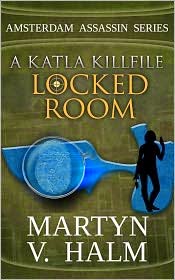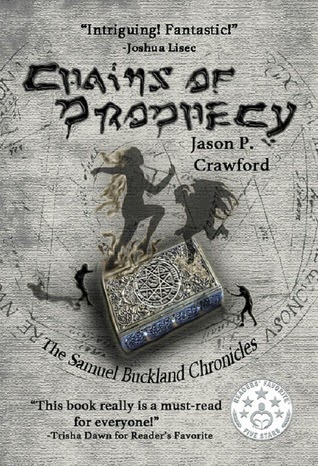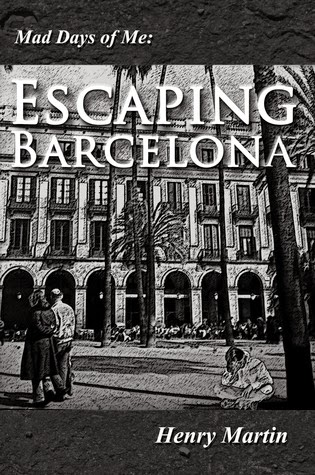Every time I do a review, feel obliged to begin with: “I don’t
read a lot of XYZ genre.” I thought about that quite a bit today as I began
this post-with-review for a work of historic fiction, and realised that my
problem is twofold: A. I don’t read as much as I want to and B. I read just
about everything. [Not sci-fi, though. Don’t reco your sci-fi books! I’m
sure they’re awesome and everything, but Heinlein and Asimov ruined me for
other authors – you’ll never get a fair shake out of my prejudices!]
So, yes, I have a wide range of genres that I enjoy [and to
those of you who write literary fiction and claim it’s not genre, I’m lumping
you in there, too]. The partially read books on my Kobo that I’m dying to get
back to include [in no particular order] several romances [Regency, contemporary,
ChickLit], two For Dummies books [one
on CSS and the other Italian Grammar (I can’t speak Italian at all, and had intended to buy Italian Wine!)], several books on writing [loving Ben
Yagoda’s The Sound on the Page], Dashiell
Hammett’s The Thin Man, Diane Capri’s
Jack in the Green, Lee Child’s latest
Reacher novel Personal, Maya Angelou’s
I Know Why the Caged Bird Sings, Shay
Lynam’s The Tree House, and Wynne
Channing’s I Am Forever.
Not a bad range of tastes – and barely scratches the
surface. If only I had more time. Time is such a precious commodity that tempest fugit becomes tempest fuggedaboutit.
 |
| Available on Amazon |
I bought it eons ago. Why the devil hadn’t I rubbed some
seconds together to make minutes and then hours and maybe a day or two? Because
we all know that seconds become minutes become hours become days with the rest
of our lives, also, and the things we enjoy frequently take the first hit while
we’re being responsible.
Now, the other thing about this novel is that it’s long,
which is a bit intimidating to anyone on a tight schedule. Where was I going to
find time to read something so epic in length? I’m a fast reader, but
seriously.
Then, over the last week, I started sneaking little peeks at
it while waiting for responses to emails, while ignoring telemarketer phone calls,
while waiting for my coffeemaker to splutter out last drops of soul-restoring
elixir. These jealously hoarded moments caused neither missed deadlines nor the
total devastation of my life, and I realised that, for all its [electronic]
bulk, Guardian of Secrets was
eminently readable. Moreover, I was going to enjoy the reading!
Enjoy? Who’s got time for such frivolity?Still, I stopped chewing my nails over all the other things I was supposed to be doing and, throwing caution and schedules to the wind, I read it.
This novel, as it spanned a century, made me think much about time – the march of it, the wasting of it, the sheer incontrovertible relentlessness of it. How it can leave one behind, or catch up to one. How it heals and at the same time erodes.
Life can be a scary proposition, and time ticking by is one
of the scariest aspects. Maybe due to the sense of mortality all creatures
have. Maybe because we all know that no matter how much time we have, it’s
never enough. Time never weighs heavily on my hands: I’m never bored; never
lack for something to do. But one thing I often forget is the real value –
mental health not the least of it – in stepping away from hurry and worry to do
something I enjoy. Just for me.
Stress is not going away. So I have to put it away on occasion. Whether I have the time or not.
Review – The Guardian of Secrets and Her Deathly Pact
5 stars
I could practically write a novel-length review for this
epic. Relax; I won’t. An overview: the novel is a family saga that begins in
England and travels to Spain, spanning several generations, overarching the
Spanish Civil War.
Ms. Petken handles characterisation deftly, though I’d like
to have seen Joseph’s devolution into the villain he is from the get-go [FYI, his comeuppance is great, but the sneaky author tricked me a couple times! And great courtroom scene, BTW.]. With a huge
cast and the rich historical backdrop, keeping these characters straight and well delineated must have been a monumental task.Personally, I might have stripped down much of the text – there is some telling of emotions rather than showing. But contrary to popular opinion, this is not a horrific crime, and greater economy might not have served the story, whereas Ms. Petken’s style seems to aptly suit it.
While the research that went into this work must have been
enormous, that’s not the impressive part. No, the impressive part is Ms. Petken’s
distillation of that research into a comprehensive – and comprehendible – fictional
narrative that makes the reader feel the lives of these people, whether sinner
or saint, villain or hero[ine].






















